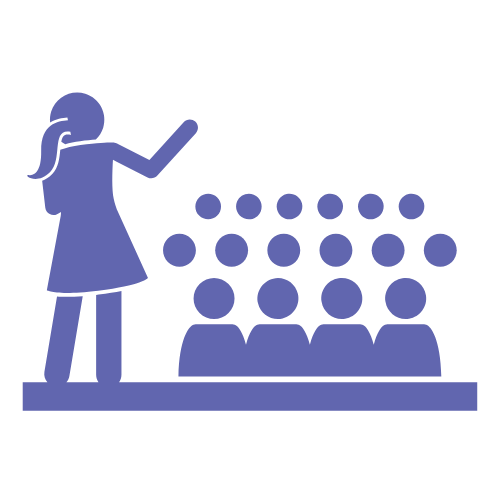Why DEI is Key in Reducing Burnout
- Rosalyn Stoa

- Jul 16, 2021
- 3 min read
Updated: Jul 17, 2021

We toss around the phrase “I feel burned out” quite a bit, but it may not mean what you think it means. Burnout, in the field of psychology, goes beyond being tired and stressed. One of the first burnout researchers, Dr. Christina Maslach, defines burnout as the presence of three signs: exhaustion, cynicism, and reduced professional efficacy. Exhaustion is a compilation of individual stress, either physical or mental (“I am tired and stressed”), while cynicism is a negative response to the job (“I hate my job”), and professional inefficacy is negative self-evaluation (“I’m not good at this” “this job isn’t going anywhere”). All three of these together create the feeling of burnout.
I recently watched a video of Dr. Christina Maslach talking about her research on burnout (check it out!) and it got me thinking...Why might some people feel burnout in an organization but others don’t? How can DEI prevent burnout?
We are experiencing a changing work environment - there are fewer people with full-time careers, and more people with multiple part-time jobs, organizations have less concern and commitment for employees, there is more destructive competition between co-workers, rewarding “talent” but not everyone, in turn creating a divisive environment, people getting shut out of opportunities, and the loss of the “common good” as a core value. As you might guess, any one of these factors can create stress in any individual! But these factors may create more stress for some individuals than others.
Diversity means that we all experience the world in a different way, which can make it hard for organizations to monitor burnout for all employees. You may find the veteran who is adapting to civilian life, the fresh-out-of-college graduate who is finding their calling, the Black woman who is struggling to reconcile with Black trauma around her, and the neurodiverse intern who is trying to figure out corporate culture, all in the same company. All of these individuals might experience burnout for different reasons. For example, the neurodiverse intern is most likely masking, meaning that they are attempting to act in a manner that is neurotypical. However, masking can increase stress on an individual and lead to burnout (Miller et al., 2021; Pearson & Rose, 2021). Masking isn’t unique to neurodiverse people; to an extent, everyone masks to fit into the common culture. So the question isn’t “do you mask” but rather “how much do you need to mask to fit in?” (keep this in mind for a few paragraphs later).
When we talk about burnout, I think it’s important to recognize why burnout occurs. In no particular order, the six predictors of burnout are:
Workload - how much work do you have?
Control - how much control do you have over work?
Rewards - What are the social rewards? Is there recognition for your work?
Values - Does your job feel worthwhile? Are you making a difference?
Community - Who are the people you come into contact with on a regular basis? Do you have support at work and can you work with others?
Fairness - Are work practices, bonuses, rules, etc., fairly distributed?
If one or more of these predictors is a continual problem, you’re going to end up with some employee burnout.
Now, I want to bring your focus to the last two predictors - community and fairness. When we talk about diversity, equity, and inclusion, we are talking about these two predictors!
DEI is key to reducing burnout!
More specifically, to reduce burnout, we need to build a community and ensure fairness.
Let’s break it down:
Building Community: In the world of DEI, building community means taking the diverse aspects of your employees and building an inclusive workplace. Being an ally. Promoting and using inclusive behaviors. Measuring inclusive behaviors. Creating a space where all feel welcomed and limit or eliminate the need to mask. Allowing all individuals to be themselves and bring what they can to the table! The more accepting your community is, the easier it is for all of your coworkers to build support networks and avoid burnout.
Ensuring Fairness: It’s all about equity! Making workplace practices fair can reduce burnout (Dishon-Birkovits, 2018; Liljegren & Ekberg, 2009). Pay attention to complaints and disapproval with leadership, because these can be signals that change is needed. Seek to promote fair work practices that allow all employees to demonstrate and be rewarded for their best performance.
The burnout is real, folks. COVID hit hard and virtual work can add to our general wear-and-tear. The good news is, you’re here. You’re reading this article. You’ve found a site that can help you prevent burnout at your organization. By implementing tactics commonly found in diversity, equity, and inclusion practice, Mattingly Solutions can help you reduce burnout at your company. Contact us today for a free consultation!





Comments